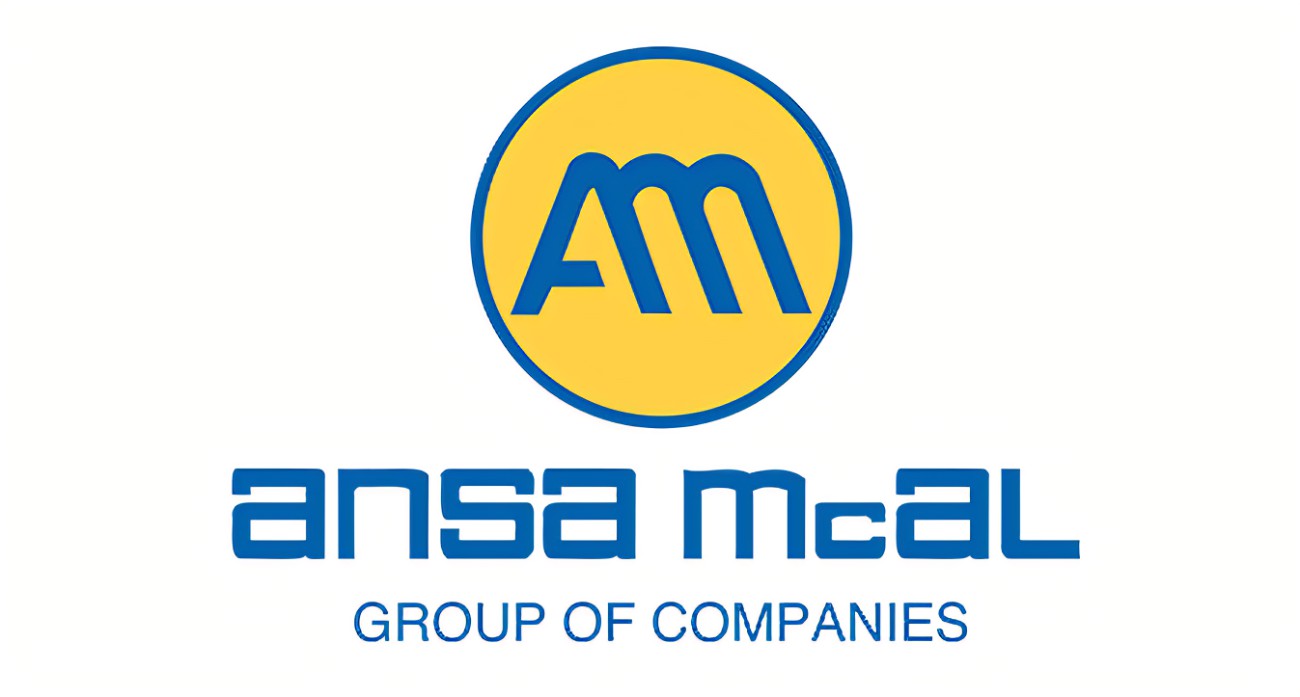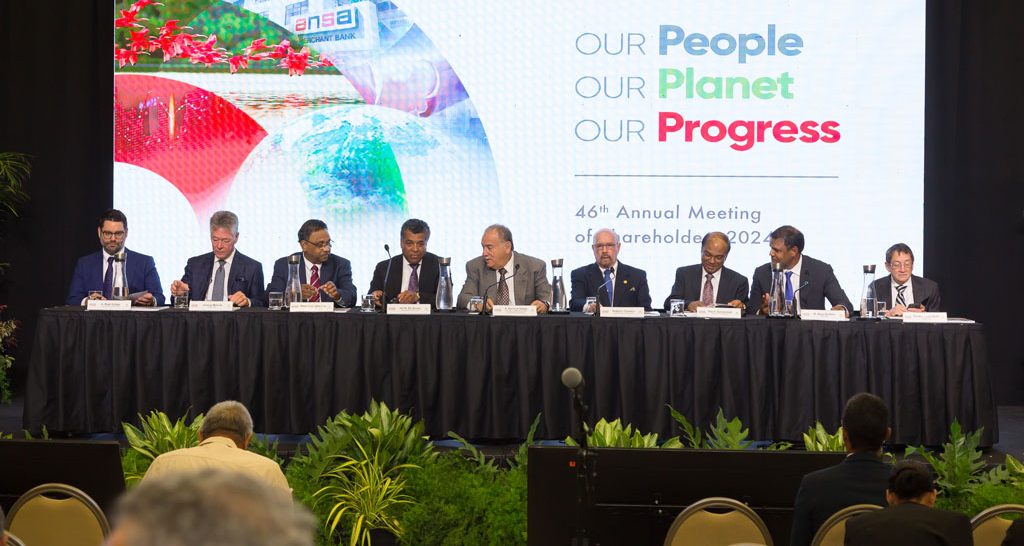


Gerry Brooks – Sector Head, Manufacturing
ANSA McAL Group of Companies
Top execs have their say
The economic news from many quarters—from Port-of-Spain to Washington—has not been good of late. According to the Central Bank July 2100 Economic Bulletin, preliminary data for T&T suggest a decline in real gross domestic product during the first quarter of 2011. Construction activity remains subdued. Sale of construction materials suggest a further decline from 2010 in private construction activity. Labour retrenchment has continued. While provisional data from the Ministry of Finance suggest that the central government recorded a surplus of $1,227 million for the first nine months of the fiscal year, government expenditure was lower than expected, particularly with respect to the capital programme. The Ministry of Finance is currently working on revised projections for the year as a whole.
Against the backdrop of an uncertain local economy, Standard and Poor’s downgrade of the US credit rating from AAA to AA+ must have repercussions for T&T—especially since the US continues to be this country’s most significant overseas trading partner—and the world. T&T did not escape unscathed. On August 4, S&P lowered this country’s long-term local currency sovereign credit rating. Finance Minister Winston Dookeran said the new development was part of a new methodology on the part S&P, which still gave T&T an A grade. The Business Guardian’s Raphael John-Lall and Dixie-Ann Dickson spoke to ten of T&T’s top executives—from beer brewing to lipstick making—for their take on the T&T economy, the upcoming 2012 budget, trading and the US economy.
_ _ _ _
Gerry Brooks’ Interview:
Promote productivity
The 2012 budget should chart a three-year course for accelerating and diversifying the economy. The 2008- 2010 period has been a flat period for the T&T economy with gross domestic product (GDP) declines and frequent budget deficits.
The 2012 budget must detail transformative initiatives to move the economy forward including:
Accelerating energy sector activity including oil and gas exploration. This is a critical short-term imperative to sustain and drive our energy-based economy.
Diversification of the economy to generate greater forex exchange revenues and competitiveness in the services, manufacturing and agricultural sectors. The country must also refocus on productivity.
An impetus for the construction sector to mobilise under-utilised resources while closing the gap between project announcements and actual implementation. The time lag is simply too long. Additionally, outstanding contractor payments must be resolved. A mechanism must be developed that accelerates and resolves this issue to promote job creation and act as a catalyst to the economy.
Equally important, the Government must create a framework for meaningful tripartite dialogue and collaboration. The current adversary relationship and partnering of the Government and union must be replaced by constructive, collaborative dialogue in the national interest. It must be multipartite involving the private sector, unions, the Government and civil society. Bold steps are required and a transformative, radically new approach must be introduced to accelerate competitiveness and productivity. Bold steps may include divestment of non-core state enterprises and reduction of the state sector by privatising some companies or placing others on the T&T Stock Exchange as appropriate.
The issue of the size of subsidies and transfers has to be addressed to ensure government allocations can be directed to new strategic areas in which the country has a competitive advantage. Areas for consideration may include alternative energy.
US credit downgrade effect
The recent United States S&P downgrade triggered even greater volatility in US and international markets and exacerbates the profound challenges faced by the US economy. These challenges are mirrored in US employment data and US and international growth projections. The same themes are also being experienced in Europe, for example, Portugal, Ireland, Italy and, to a lesser extent, Spain. Even worse, it impairs global confidence in an early recovery and has sparked fears of a double dip recession. For us in T&T, it means that careful crafting of strategy must continue. This is not a business as usual environment. At the business level, a weakened US dollar—against the euro and yen—has led to “imported inflation” on European and Japanese imports, for example, spares, vehicles and raw materials.
At the regional level, the recent downgrade may prolong the continued weakness in tourism throughout the Caribbean. Reduced tourism flows and reduced remittance income will also further weaken Caribbean economies. Many of these countries already have debt to GDP levels of greater than 100 per cent. Consequently, many of our natural markets have contracted, making it necessary to find non-traditional markets. This marketing challenge will have to be converted into a country opportunity where the private sector and Government collaborate to find new markets and explore South-South trade opportunities. This is both a foreign exchange opportunity and, of course, a marketing challenge. The upshot of the foregoing is that it is a very challenging period for T&T companies and regional companies. Consequently, it is imperative that a collaborative approach (the Government, private sector, unions, and civil society) be pursued.
There is tremendous opportunity available as multiples for many international companies have reduced creating acquisition opportunities. There are also both opportunities and challenges, given the current significant volatility in investment markets. At the country level, our macroeconomic indicators are still quite robust, for example, debt to GDP ratio, import cover and healthy foreign reserves and inflation trending downward. The recent stock market decline and its impact on equities may also have in the short-term adversely affected our Heritage and Stabilisation Fund (HSF). This will require a look at asset allocation and investment strategy. The biggest impact, perhaps, is the clear recognition that this is defining moment for the country and we must strategically seize the opportunity to be transformative while building competitiveness and productivity.
Business Guardian
August 18, 2011













